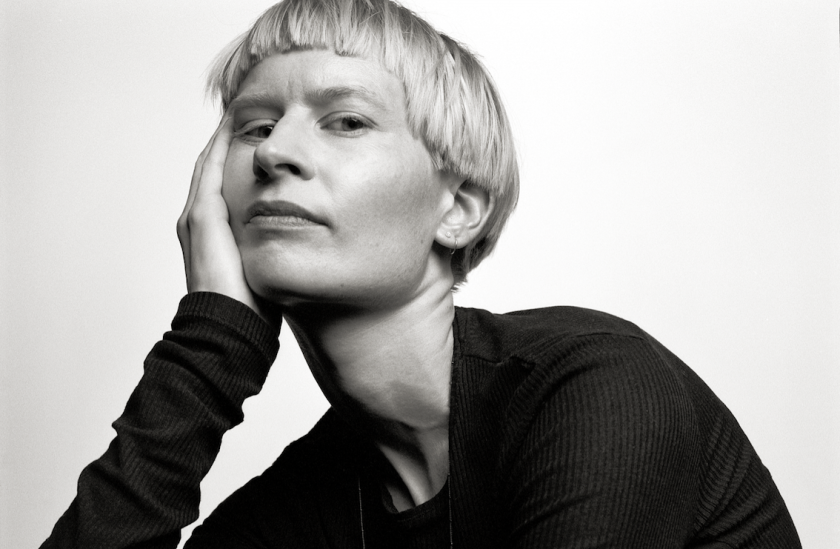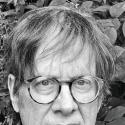Jenny Hval’s Girls Against God covers every angsty young woman’s favourite subjects. Witchcraft, heavy metal, viscera, and hatred. It’s a book in the grand tradition of Kathy Acker and women surrealists everywhere, dancing through space and time into different dimensions.
Girls Against God isn’t particularly gripping, and it is confusing at times, but the sense of being unmoored feels very intentional. Its story appears to begin fairly normally, its narrator describing their life in small-town southern Norway in the 1990s, and their overwhelming feeling of hatred, directed towards their surroundings. This hatred even extends to their omission of the æ letter from their keyboard, the soft sound in the Norwegian word for "hate". The translator deals with this well, but there is nonetheless a keen sense that the reader misses out by reading the novel in English instead of in the original Norwegian.

As the book proceeds through the narrator’s life, the text becomes increasingly strange, less a coming of age and more a submersion in the surreal. There are some abstracted discussions along the way – indeed, the writing can feel like an essay on cinema or society. There are also some sections in italics which precede the chapters: each is written as ‘an episode’.
Girls Against God feels its way along conceptually, setting up the opposition between white and black, the love of Christ and the freedom of hate. "God" here is capitalism, the patriarchy, and oppression. Those who follow God in Girls Against God are prurient perverts, owners of the manual for witch-oppression, Malleus Maleficarum: their greasy-pawings make the pages of the book stick together. “God is a musical presence. He’s found in the heavy dipthongs and vowel sounds of the Southern accent”.
There are characters and tropes that flit in and out of the book, most notably the subject of Edvard Munch’s Puberty, who has escaped from her frame in the dilapidated Munch museum to become the subject of a bizarre 3D printing ritual. They mutate as the book progresses, moored by the central three-figured coven of the narrator and her friends, Terese and and Venke.
As the book moves into its final phase, there is a Jodorowsky-esque surrender to the totally bizarre and symbolic in the form of a movie script, as the three trek through a constantly evolving landscape. They receive an egg from a dissolving man and push it through a rotting labia, following it into the last section of the text. The reader is propelled back into the past – or is it a list of random objects? Or a great, primordial, quivering mound of aspic? Whatever you say about Girls Against God, it’s never boring.
- Girls Against God: A Novel by Jenny Hval, translated by Marjam Idriss (Verso, £10.99)
- More book reviews on theartsdesk















Add comment